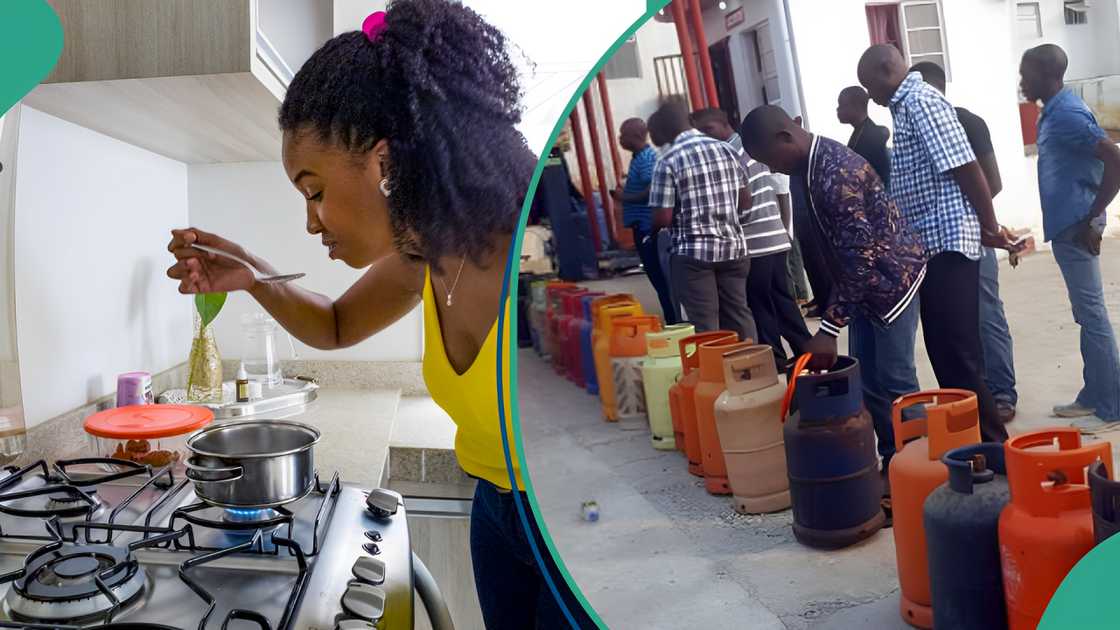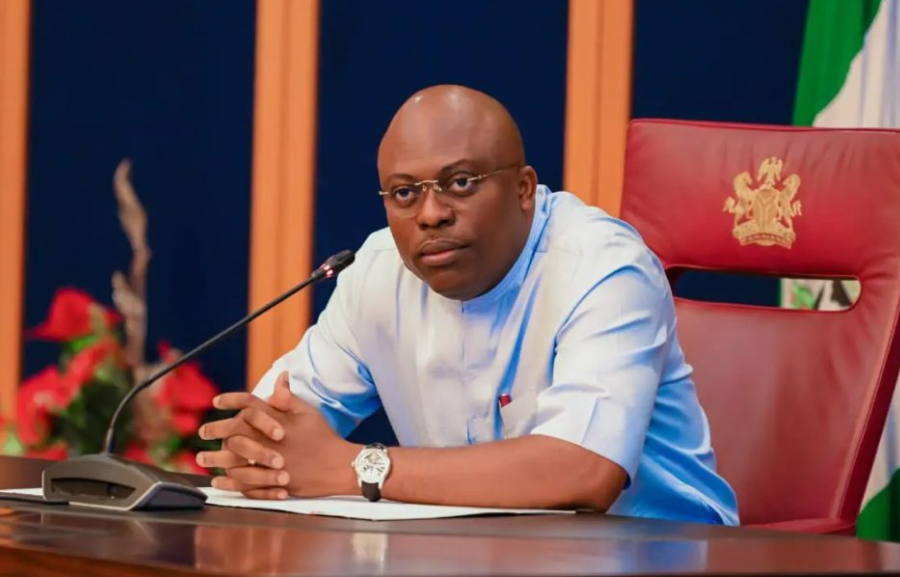Cooking Gas Prices Surge to ₦3,600/kg: NNPC Chief Links Spike to PENGASSAN Strike
NNPC Group CEO Bayo Ojulari has attributed the recent dramatic increase in cooking gas prices to supply disruptions caused by the PENGASSAN industrial action, rather than fundamental market changes. The price of Liquefied Petroleum Gas (LPG) recently surged to ₦3,600 per kilogramme in various parts of Nigeria.
During a briefing at the Presidential Villa in Abuja following his meeting with President Bola Tinubu, Ojulari explained that the temporary disruption in loading and distribution during the strike created artificial scarcity, leading to price spikes.
“The increase was relatively artificial because for the period of the strike, movements and loading were delayed by about two to three days,” Ojulari stated. He noted that the market needs time to stabilize as distribution networks resume normal operations.
The PENGASSAN strike, triggered by labor disputes at the Dangote Refinery, halted operations across Nigeria’s oil and gas sector. The industrial action, which was suspended on October 1 following government intervention, began after Nigerian workers were dismissed from the refinery. The situation was eventually resolved when the Dangote Group agreed to redeploy the affected employees.
Ojulari criticized some gas retailers for exploiting the situation, stating that “people take the opportunity. With that delay, some of the people who had existing reserves decided to increase prices.”
The impact has been severe, with prices increasing by up to 80% in major cities. In Lagos, residents reported paying ₦3,200 per kilogramme, representing a 190% increase from the previous ₦1,100 rate. This translates to ₦32,000 for a 10kg cylinder refill.
The crisis has forced many Nigerian households to resort to alternative cooking methods, including firewood. The situation has been further complicated by reported technical issues at the Dangote Refinery, where repairs to the petrol-producing unit may continue until late October.
While Ojulari assured that prices should return to pre-strike levels as distribution normalizes, consumers in Lagos, Abeokuta, Abuja, and other cities continue to face inflated prices. Market analysts suggest that without strict oversight of retailers, the effects of the supply disruption could persist longer than anticipated.
The NNPC chief’s explanation provides some clarity on the price surge, but millions of Nigerian households continue to struggle with the high cost of cooking gas as they await market stabilization and price normalization.







Leave a Comment